
Radar | Jul 21,2024
May 17 , 2025
By Jayati Ghosh
Toward the end of the ancient Indian epic, the Mahabharata, Krishna's Yadava clan self-destructs. Many dark omens presage their downfall: nature behaves erratically, and pests multiply. Sin, deception, and violence proliferate, eroding trust and solidarity. Clan members humiliate and insult wise elders. When Krishna's extended family goes on a picnic, the men get drunk, argue, and attack each other, until eventually all of them are dead.
This cautionary tale has gained new resonance as geopolitical tensions, including in South Asia, escalate, and many countries embrace protectionist policies. US President Donald Trump's second administration has contributed significantly to the current fragmentation and disorder. But other wealthy countries have exacerbated the situation by failing to show any real solidarity in response to Trump's hostile policies.
The lack of development cooperation is a prime example of this growing appetite for mutually assured destruction.
To be sure, aid from donor countries was already declining, and recent events have exposed the system's injustices. The COVID-19 pandemic exposed Western governments' greed, undermining others' trust in their global leadership. The fact that these governments have directed most of their dwindling foreign-aid budgets to Ukraine since Russia's 2022 invasion, diverting funds away from other war-torn and desperately poor countries, has underscored the largely self-serving approach to such "charity" flows.
Still, it is surprising – and dispiriting – that other donor countries have not stepped up after Trump terminated almost all US foreign-aid funding and programming. This would have been the obvious thing to do, not necessarily out of solidarity, but simply because of geopolitical self-interest.
For starters, Trump's indiscriminate attacks on allies and rivals alike have demonstrated the necessity of coordinated action, which requires building alliances, supporting multilateralism, and cultivating soft power. One easy and relatively cheap way to do that is by continuing to support multilateral institutions. Such funding may also defuse some of the anger that many people in the Global South feel about the Western world's complicity in the ongoing decimation and mass killings in Gaza.
The massive reduction in US direct aid and financing for international organisations will hinder the provision of global public goods, including health and climate stability. The concept of global public investment suggests that all countries have a stake in solving these challenges, and should thus contribute resources to addressing them, according to their means, and distribute the collected funds based on need and impact.
But the response of most rich countries has so far been appalling. Instead of scaling up foreign assistance, several European governments have slashed it, citing the need to channel funds to defence investment. As a result, some of the most immediate needs that fall under a global public investment framework are going unmet.
This is especially baffling because the amounts required to plug the development-financing hole left by the United States are so small as to be trivial. For example, Trump's withdrawal of the US from the World Health Organisation (WHO), which remains absolutely critical for managing global health threats, means that the WHO faces a 1.9 billion dollars budget shortfall in 2026-27, a gap that rich countries and even most large middle-income countries could easily afford to fill.
It is similar to other international organisations. The United Nations World Food Programme (WFP) faces an estimated 40pc reduction in funding, equal to roughly four billion dollars. The WFP, which served more than 100 million people in 2024 and won the Nobel Peace Prize five years ago, should now downsize its staff by nearly one-third (around 6,000 positions worldwide) and reduce the amount of life-saving food that it provides, because no other countries have offered to offset the shortfall.
Similarly, the Joint UN Programme on HIV/AIDS (UNAIDS), which relied on the US for more than 40pc of its financing, will need to cut more than half of its workforce and reduce or eliminate some of its essential programs. (Switzerland and the United Kingdom, two other major UNAIDS funders, have likewise reduced their contributions). That could lead to six times more HIV infections and a 400pc increase in AIDS deaths by 2029, as well as the emergence of new strains, which would have negative repercussions for all countries.
However, the organisation's budget gap is a modest 58 million dollars, the same shortfall facing the UN Office for the Coordination of Humanitarian Affairs (UN OCHA), which has to lay off 20pc of its staff.
Given these minuscule sums, filling the gap left by the US would have a negligible fiscal impact on traditional donors and large middle-income countries. But, only a handful of countries, like South Korea, have responded to the funding crisis, preventing essential organisations' collapse and enabling them to function properly, for now. If wealthier countries refuse to provide for the global common good, the multilateral system as we know it will not survive.
PUBLISHED ON
May 17,2025 [ VOL
26 , NO
1307]
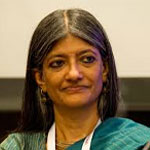

Radar | Jul 21,2024
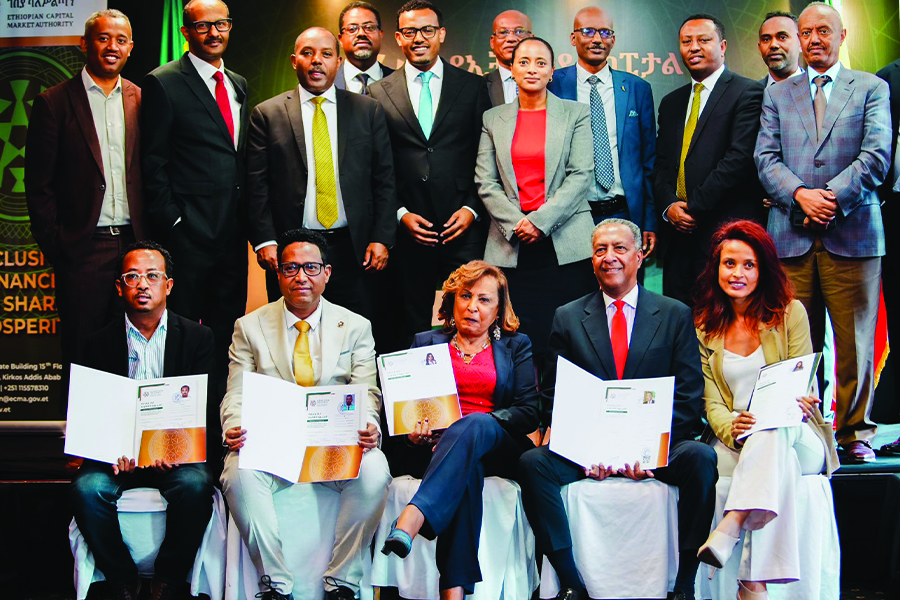
Commentaries | Aug 02,2025
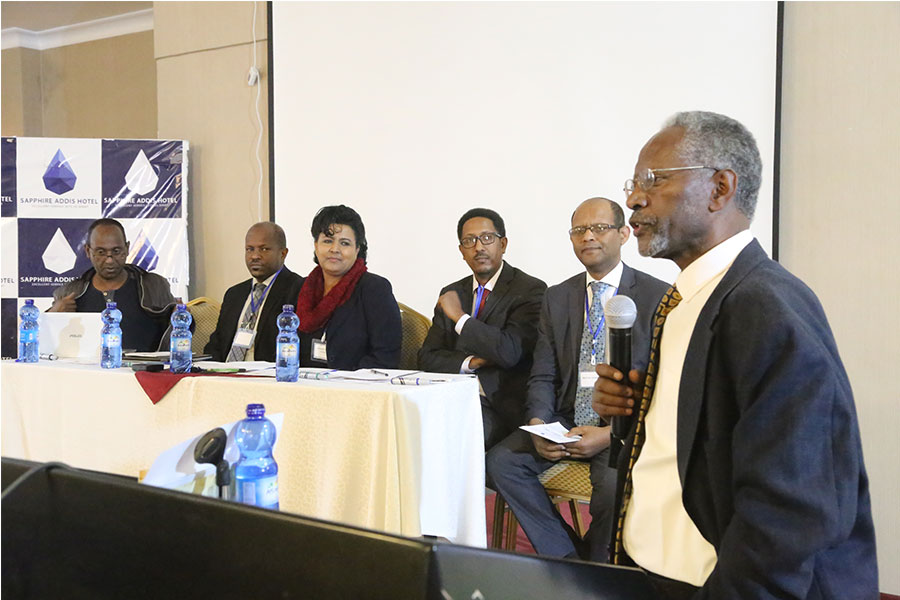
Radar | Jan 26,2019

Commentaries | May 24,2025

Radar | Feb 01,2020

Radar | Aug 23,2025

Viewpoints | Aug 30,2025
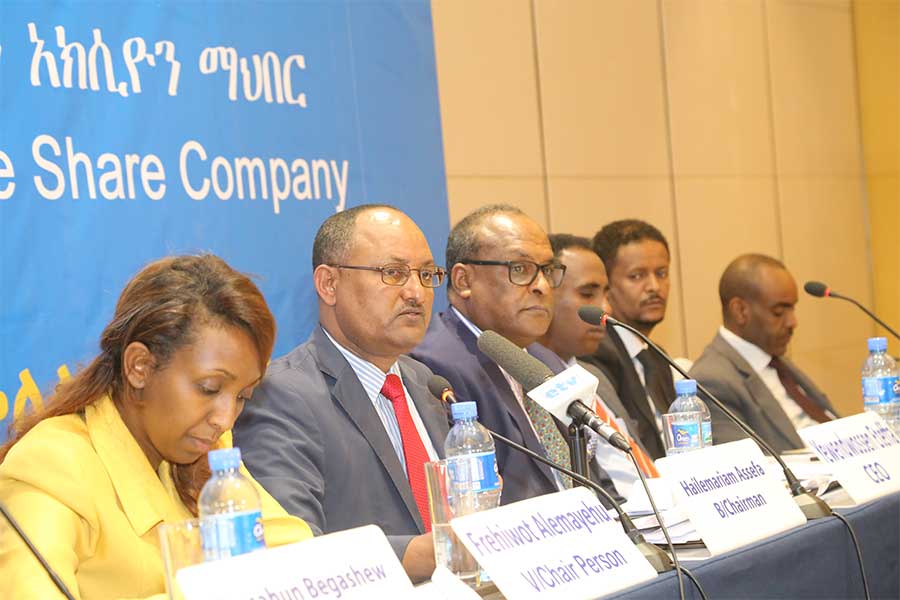
Fortune News | Dec 28,2019

Fortune News | Feb 15,2020
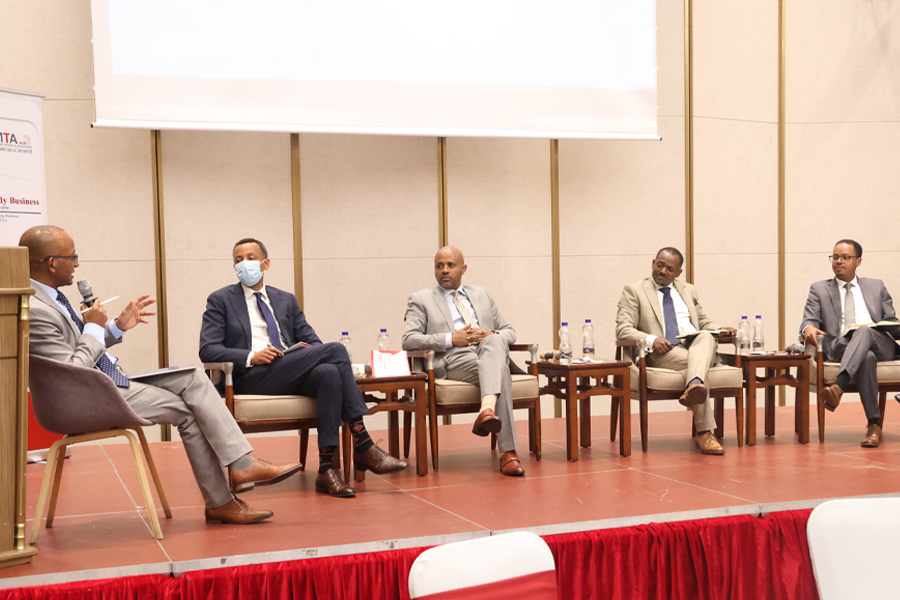
Radar | Oct 05,2024

Photo Gallery | 176996 Views | May 06,2019

Photo Gallery | 167212 Views | Apr 26,2019

Photo Gallery | 157801 Views | Oct 06,2021

My Opinion | 136946 Views | Aug 14,2021

Dec 22 , 2024 . By TIZITA SHEWAFERAW
Charged with transforming colossal state-owned enterprises into modern and competitiv...

Aug 18 , 2024 . By AKSAH ITALO
Although predictable Yonas Zerihun's job in the ride-hailing service is not immune to...

Jul 28 , 2024 . By TIZITA SHEWAFERAW
Unhabitual, perhaps too many, Samuel Gebreyohannes, 38, used to occasionally enjoy a couple of beers at breakfast. However, he recently swit...

Jul 13 , 2024 . By AKSAH ITALO
Investors who rely on tractors, trucks, and field vehicles for commuting, transporting commodities, and f...

Oct 18 , 2025
The political establishment, notably the ruling party and its top brass, has become p...

Oct 11 , 2025
Ladislas Farago, a roving Associated Press (AP) correspondent, arrived in Ethiopia in...

Oct 4 , 2025
Eyob Tekalegn (PhD) had been in the Governor's chair for only weeks when, on Septembe...

Sep 27 , 2025
Four years into an experiment with “shock therapy” in education, the national moo...

Oct 18 , 2025 . By NAHOM AYELE
In a sweeping reform that upends nearly a decade of uniform health insurance contribu...

A bill that could transform the nutritional state sits in a limbo, even as the countr...

Oct 18 , 2025 . By SURAFEL MULUGETA
A long-planned directive to curb carbon emissions from fossil-fuel-powered vehicles h...

Oct 18 , 2025 . By BEZAWIT HULUAGER
Transaction advisors working with companies that hold over a quarter of a billion Bir...